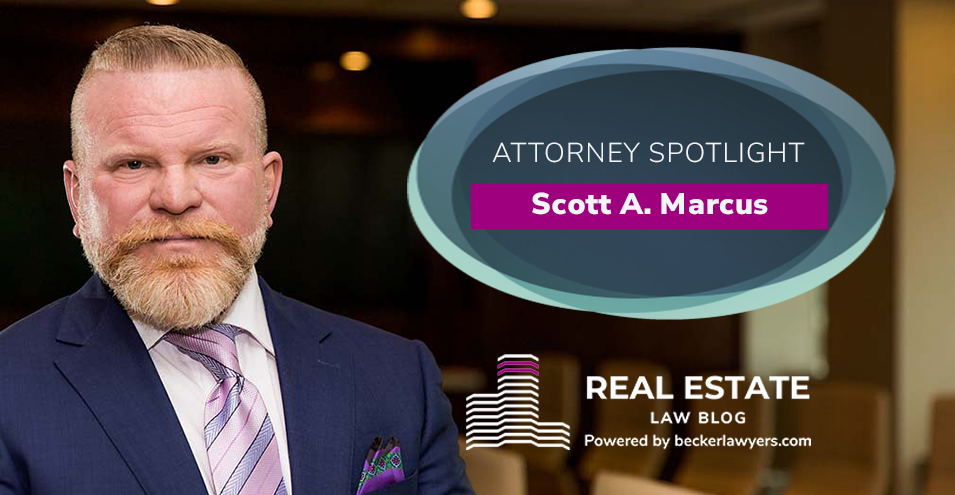
Is Your Real Estate Agent On Your Side?
Buyers and Sellers of Florida real estate, particularly residential real estate, generally assume that their brokers and agents are working exclusively for them. And though I have no doubt that the vast majority of brokers are ethical, honest and hardworking, the fact is that Florida law provides that all broker relationships are presumed to be “transactional” unless a “single agent” is established in writing (see F.S. 475.275(1)(b)). Is this a bad thing? Not necessarily. However a transactional broker’s obligations might not line up with a buyer’s or seller’s expectations.
F.S. 475.278(2) sets forth a transactional agent as a “limited form” of representation for both the buyer and seller. A transaction agent shall:
- Deal honestly and fairly;
- Account for all funds;
- Provide skill, care and diligence;
- Disclose all known facts which materially affect the value of residential property and not readily observable;
- Present all offers an counter offer in a timely manner; and
- Have “limited confidentiality”. This means the broker/agent may not disclose that a seller will accept a lower price than listed or that a buyer will pay a higher price than offered nor may the broker/agent disclose what the other side’s motivation is.
As an attorney, the limited confidentiality frightens me. You never know what conversations will be reported back to the other side, even with the limitations placed on the brokers. Sometimes conversations and information is inadvertently or casually reported. More importantly, a transaction agent has no fiduciary obligation to the client. While the obligations to the client are important, they don’t give rise to fiduciary obligations. However, the duties of a licensee owed to a buyer or seller who engages the licensee as a single agent are as follows under F.S. 475.278(3):
- Dealing honestly and fairly;
- Loyalty;
- Confidentiality;
- Obedience;
- Full disclosure;
- Accounting of all funds;
- Skill, care and diligence;
- Presenting all offers and counter offers; and
- Disclosing all known facts that materially affect the value of real property and are not readily observable.
These duties use classic fiduciary definitions. Why can’t a broker or agent represent both the buyer and seller fully? The statute specifically prohibits “dual agency”. A dual agent is one who operates as a fiduciary to both sides. Often, two agents working under one broker (though sometimes in different offices) are involved in a transaction. In these cases, it is important that the broker make clear that the relationship with both the buyer and seller is transactional. If either client has previously established a single-agent relationship, the fact that one broker is involved would make the single agency impossible to continue.
The statute permits a change of the relationship provided that the change is made in writing and signed by the client. California currently allows for a dual agency and it is common place there to use one in the above situation.
From my standpoint, I am not enamored with transactional brokers generally, but tolerate them in residential closings as the material terms of the deal are generally complete by the time I get involved. There is nothing left to negotiate. However, I advise my clients not to agree to transactional brokers in commercial deals. The fiduciary obligation, especially the duties of loyalty and confidentiality is too important. Good brokers can and want to be helpful in getting deals done. If you can’t speak freely in front of your broker, they can’t help.
When your broker provides you with the agency disclosure form, know what the relationship is that he/she is asking to establish and consider what is best for you.




No Comments